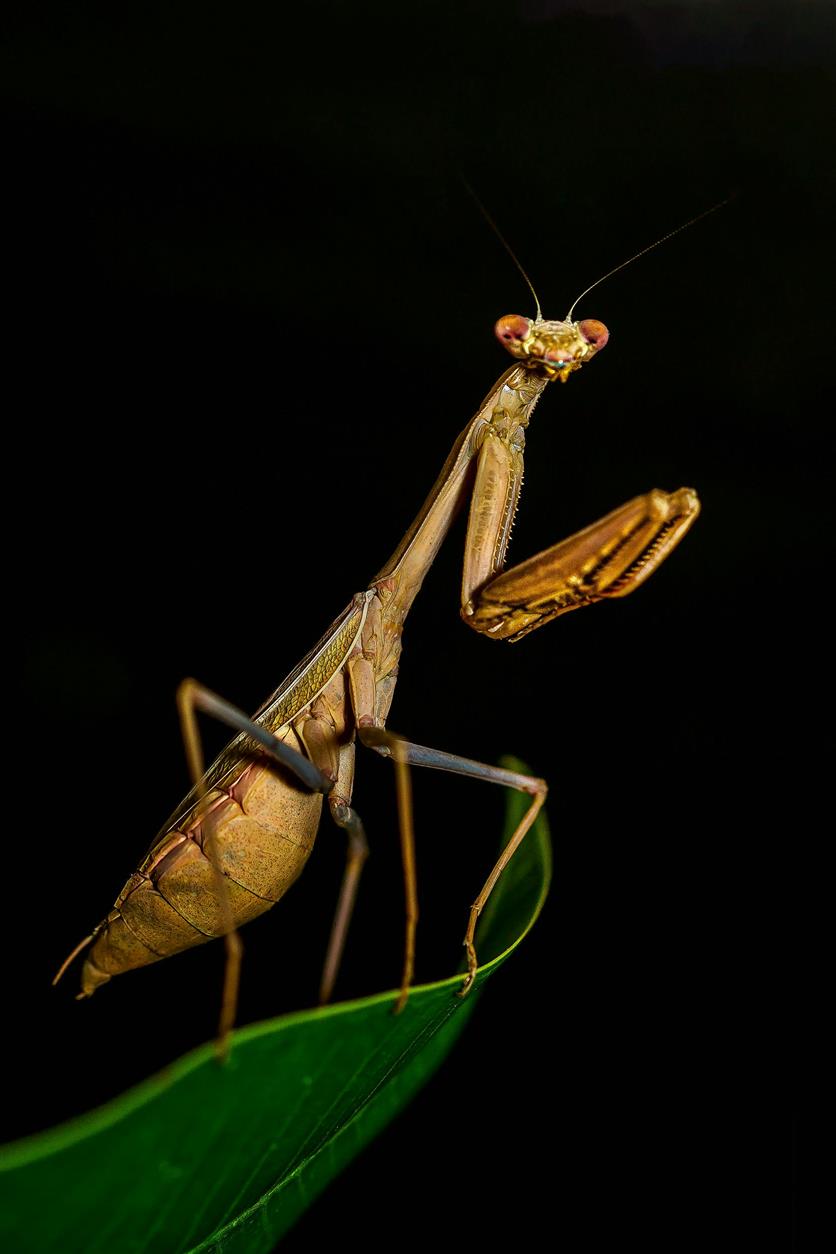
In the world of future foods, few topics provoke more visceral reactions than the idea of eating insects. Often hailed as a protein-rich, low-footprint alternative to meat, bugs have become the poster child for environmental food reform. But beneath the headlines and marketing campaigns lies a deeper, messier question: Can the idea of insect consumption take hold globally without reducing cultures to clichés, or bulldozing over long-held food norms?
The ethics of eating bugs aren’t just about nutrition or carbon emissions—they’re about class, power, memory, and the politics of taste.
From Street Snacks to Startup Kitchens
In many parts of the world, eating insects is far from controversial. Crickets in Thailand, mopane worms in Zimbabwe, ant eggs in Mexico, silkworm pupae in Korea—these dishes have existed for centuries, part of everyday life, not novelty. What’s changed is who’s now selling them, and how.
Over the past decade, a wave of startups—mainly from North America and Europe—have pushed bugs into protein bars, snack puffs, burger patties, and even dog food. They talk about reducing reliance on factory farming, shrinking water usage, and lowering methane emissions. Crickets, in particular, have become the darling of this new food frontier: easy to raise, high in protein, and mild in flavor when ground into powder.
But while the nutritional case may be clear, the cultural case is not.

Who Gets to Normalize What?
Western food companies entering the edible insect space often frame it as bold and forward-thinking, leaning into futuristic aesthetics and novelty-driven marketing. The problem? Insect consumption is far from new—and many of the people who’ve practiced it traditionally were, until recently, stigmatized for doing so.
For decades, eating bugs in the Global South has been framed through a lens of poverty, desperation, or primitivism. Now, those same ingredients are rebranded as gourmet or climate-conscious once they hit shelves in San Francisco or London.
This double standard isn’t just ironic—it’s exploitative. It erases the cultural heritage of communities that have consumed insects for generations, and centers Western consumers as the arbiters of what’s “acceptable” to eat, and when.
Taste Is Never Just About Taste
The resistance to bug-based foods in the West isn’t purely about disgust. It’s about what we associate with certain foods and who we associate them with. Our palettes are built not only through flavor, but through class, media, childhood experience, and social context. What seems “gross” to one person may be “comfort food” to another.
Marketers trying to popularize insect protein often try to sidestep this by hiding the bugs. Ground into powders, tucked into granola, or buried under branding that avoids the word “insect” altogether. But this avoidance can backfire. It sends the message that bugs are shameful or dirty—unless made invisible.
For insect-based eating to gain broader legitimacy, it needs to be integrated honestly, not trickled in through stealth. Transparency matters, and so does respect for the origins of these foods.
The Moral High Ground: Protein for Whom?
Another ethical tension lies in the way bug-eating is presented as a solution for future food security. On paper, insects require fewer resources to raise, produce less waste, and can be farmed in dense environments. That makes them attractive in a world facing population growth and ecological strain.
But framing bugs as “the food of the future” can carry a colonial undertone: a projection of what poorer populations “should” eat to fix problems largely created by wealthier nations. In some campaigns, it starts to sound as though insects are being positioned as the protein of last resort—something for the world’s hungry, rather than the world’s powerful.
If bug protein is truly part of the answer, then it should appear on high-end menus, not just food relief programs. It should be embraced by choice, not framed as necessity. And it must be accessible, not just to affluent eco-conscious consumers, but to everyone.
Regulation and Welfare: What About the Insects?
A less-talked-about ethical angle is the insects themselves. As we scale up bug farming—from garage-sized cricket farms to industrial operations—questions about insect welfare emerge. Can insects feel pain? What’s a humane way to raise and harvest them? Do they deserve ethical consideration?
Science doesn’t offer easy answers. Insects lack centralized nervous systems like ours, but that doesn’t mean they’re devoid of perception. Some research suggests certain insects may feel something akin to discomfort or distress. Yet insect welfare laws remain virtually nonexistent.
If we condemn factory farming for its cruelty, we can’t turn a blind eye just because the animals in question are smaller. Ethical consistency demands that we at least ask the questions—even if the answers are incomplete.

Representation Matters
The conversation about edible insects isn’t just about food—it’s about whose stories are told, and whose are ignored. Indigenous and local knowledge about insect gathering, preparation, and symbolism is rarely centered in Western media portrayals. Instead, these practices are reduced to “weird food” segments or framed as exotic curiosities.
If entomophagy is going to be taken seriously, then the people who’ve sustained it for centuries should be at the forefront—not as colorful add-ons, but as leaders, chefs, and authorities. This isn’t about political correctness. It’s about integrity.
So—Can Bugs Go Mainstream?
Maybe. But not without reckoning with the narratives we’ve built around them. And certainly not without challenging who benefits from the growing edible insect market, and who’s left out.
Normalizing insect consumption in Western contexts will require more than clever branding or environmental statistics. It will require cultural humility, honest storytelling, and a willingness to let go of assumptions about what food “should” be.
We’ll also need a broader public conversation—not about bugs, per se, but about how food choices are shaped. Why is eating lobster luxurious, when it used to be prison food? Why is raw fish now a global delicacy, after years of Western skepticism? The answers lie not in biology, but in social change.
In the end, eating insects isn’t just about nutrition or the planet. It’s about power, memory, and what we choose to reframe as acceptable. And if we’re going to chew on crickets or bake with mealworm flour, let’s make sure we’re not just feeding ourselves—but feeding a better food culture, too.





